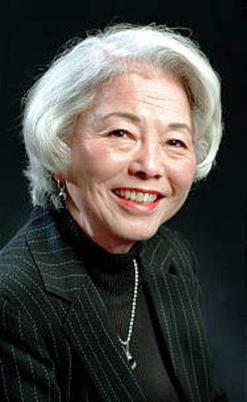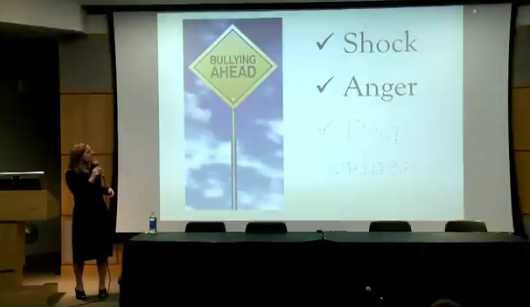The Mormon Therapist declares her "Official Stance on Masturbation"
August 6, 2012“Masturbation is not sinful behavior in of itself nor is it a transgression. God has created us as emotional, spiritual, intellectual and sexual beings. He has created these capacities in the context of both relational purpose and self-sufficiency.”









